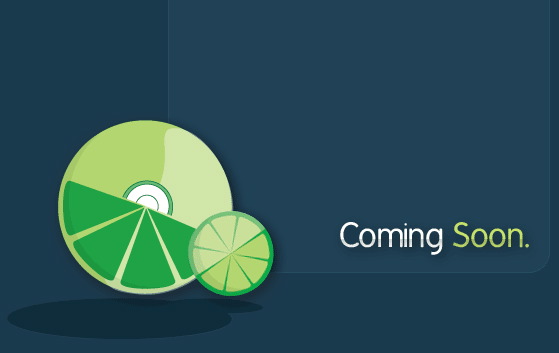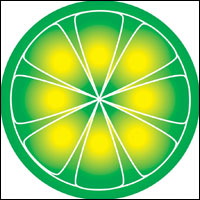 DRM-free music downloads. It’s all the rage, in one form or another.
DRM-free music downloads. It’s all the rage, in one form or another.
Now P2P provider LimeWire is entering the fray, diving headfirst into digital music sales. The music will be DRM-free, in the “universally compatible MP3 format,” and encoded at a higher-quality 256Kbps bit rate.
The LimeWire Store is expected to launch sometime this fall as a stand-alone Website, with links accessible from within LimeWire’s free and Pro (paid-for) software. LimeWire said music lovers will be able to purchase music directly through LimeWire clients but a specific date was not announced. DRM-free MP3s will be available a la carte or through a monthly subscription.
LimeWire has deals with Iris Distribution, which works with indie labels, and the Canadian music label Nettwerk Productions, home to popular artists such as Barenaked Ladies, Avril Lavigne, Sarah McLachlan, and Paul van Dyk. Earlier this year Nettwerk signed on with DRM-free music store Amie Street. There’s no word if LimeWire will be a part of the Universal Music Group’s recently-announced experimentation with gBox, Google, and others.
 LimeWire officials hinted in July it was planning a DRM-free music store, which is a bit surprising for several reasons.
LimeWire officials hinted in July it was planning a DRM-free music store, which is a bit surprising for several reasons.
The first: The paid music download market is saturated, although it’s becoming more interesting now that major labels EMI and the UMG — representing two of the top four music labels — are now providing parts of their catalogs on an experimental basis for DRM-free downloading.
The second: LimeWire’s name recognition is both good and bad. The good is that LimeWire transformed a fledgling protocol into an important force in the P2P industry, with more than 5 million simultaneous users and a household name. The bad is that LimeWire always seems to be in some sort of trouble as the IFPI, the RIAA, the UMG, Sony, BMG, and the Warner Music Group are suing them for facilitating illegal file sharing.
The third: Napster’s failure to go “legit.” Napster failed to gain an acceptable market share as it hoped its brand name would translate into success. LimeWire is in a similar situation.
LimeWire is stronger than ever, staff members told the Website Slyck in July.
We began programming LimeWire with the belief that peer-to-peer would become one of the core distribution tools on the Internet. Six years later, it’s happened. … Peer-to-peer isn’t going away — it’s become mainstream, both in the underlying technology of the Internet and the in the everyday tool set of millions of users online.
LimeWire wants to create a user experience that will be free of any DRM, copy protection, or customer intrusion. Even with DRM-free music, creating a satisfying user experience will be difficult for LimeWire, especially in light of the ecosystem Apple has developed for the highly successful iPod (100 million units sold).
Apple purposely developed a closely-integrated platform of hardware (the various iPod models), the music/library management software (iTunes), and a purchasing component (the iTunes Music Store) that created a seamless and, mostly, enjoyable experience for all levels of users — something no other hardware manufacturer, software developer, or music store developer has successfully duplicated yet.
Next up: LimeWire.

DRM-free music makes the world really a wonderful place to live in. I’s a subscriber of limewire and I really believe, just like other subscribers would really be happy to know that big changes. Though limewire will have a hard time implementing like iTune did with their music, it will still be a profitable move.
Interesting move on LimeWire’s part, but a little late to the game.
Yang pertama: Pasar unduhan musik berbayar sudah jenuh, meskipun sekarang menjadi lebih menarik karena label besar EMI dan slot deposit pulsa.